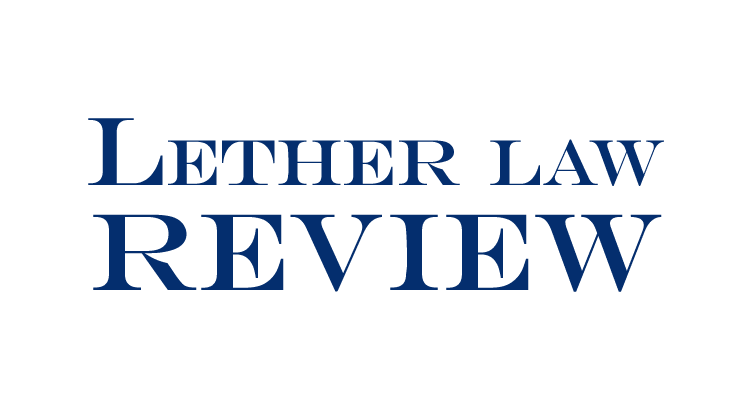WASHINGTON COURT OF APPEALS WITHDRAWS OPINION ADDRESSING THE INSURANCE FAIR CONDUCT ACT IN THE CONTEXT OF UM/UIM INSURANCE
As noted in a previous newsletter, Division Two of the Washington State Court of Appeals issued an opinion on April 19, 2022 in Beasley v. Geico General Insurance Company and Aaron Yaws, No. 54997-2-II, which addressed the meaning of the term “actual damages” under the Washington Insurance Fair Conduct Act (IFCA), RCW 48.30.015 and holding that the term “actual damages” includes noneconomic damages. Beasley v. Geico General Insurance Company and Aaron Yaws, No. 54997-2-II. The unpublished part of the opinion also addressed the issue of tendering “undisputed” amounts in the context of UM/UIM claims, which had not been addressed in prior case law in Washington.
Last week, The Court of Appeals withdrew the Beasley opinion in response to a Motion for Reconsideration filed by GEICO. The Order granted the Motion for Reconsideration in part, withdrew the earlier opinion, and advised that a revised opinion would be filed. To date, the revised opinion has not yet been issued. As a result, there is no information regarding which portion of the prior opinion has been reconsidered. Nevertheless, and as a result of the withdrawal, the earlier Beasley opinion is no longer good law and should be disregarded by insureds and insurers alike.
Lether Law Group currently represents multiple insurers in coverage litigation in state and federal courts in Washington involving claims under IFCA. If you have questions about the implications of Beasley or general questions in regard to pending insurance claims and compliance with Washington insurance law, please feel free to contact our office.

Ellen Mcgraw
Associate Attorney
Meg is from Oklahoma City, Oklahoma. She received a bachelor’s degree in Environmental Sustainability from the University of Oklahoma, where she graduated with honors. She went on to receive her Juris Doctor from Lewis & Clark Law School, graduating cum laude. Before joining Lether Law Group, Meg served as a judicial extern for the Honorable Chief Judge Marco A. Hernández in the U.S. District Court for the District of Oregon.



